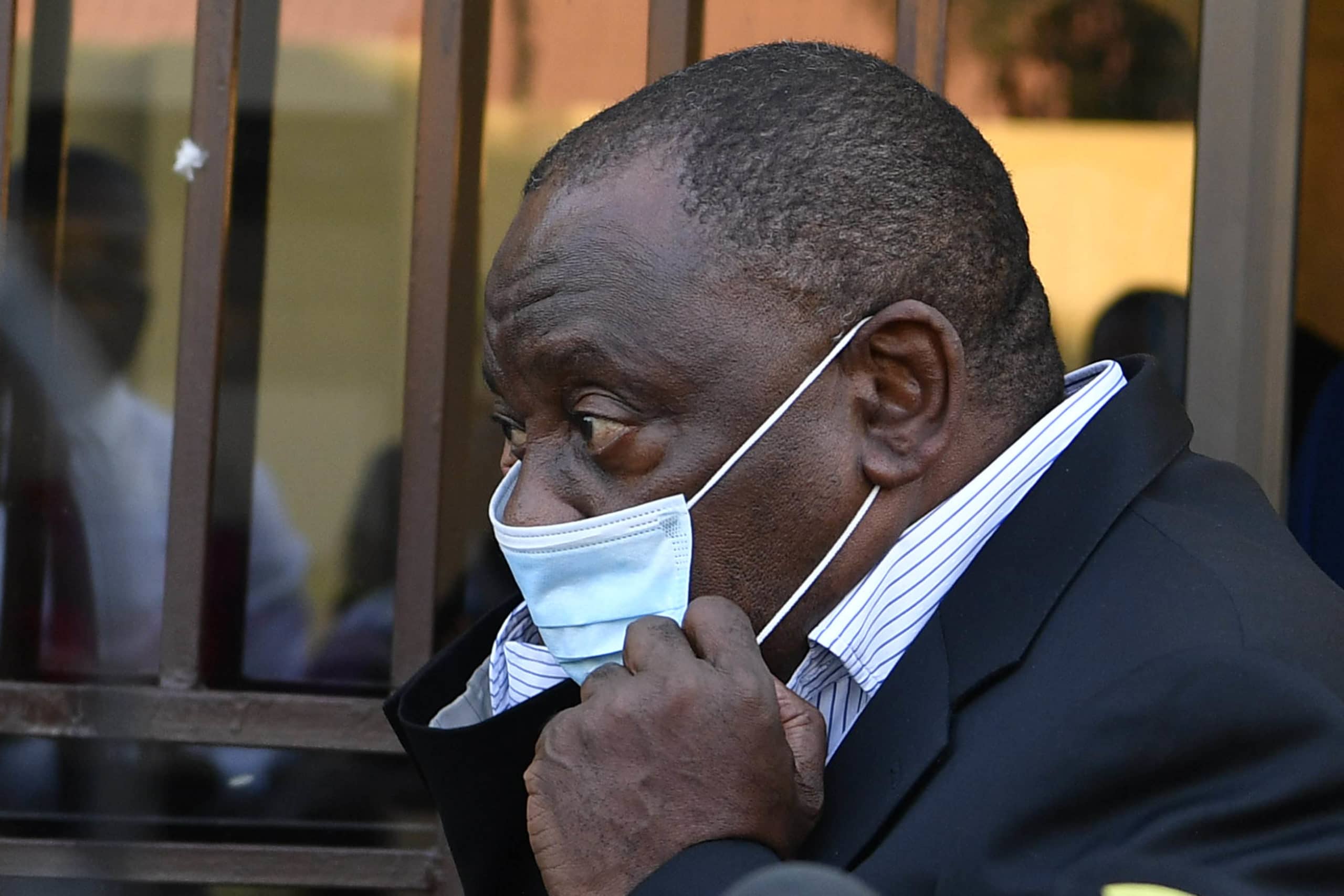TOPLINE A new partnership hopes to help South Africa make Covid-19 vaccines within a year using mRNA, the breakthrough technology behind the highly effective Pfizer and Moderna vaccines, as the country faces another deadly surge of cases.
KEY FACTS
The “technology transfer hub” hopes to “scale up” the production of an existing mRNA vaccine in South Africa with the help of biotech companies, mRNA experts and public health agencies including the World Health Organization (WHO) and the African CDC, the WHO announced Monday.
The partnership does not yet have an agreement with a vaccine manufacturer, though it has spoken with Pfizer-BioNTech and Moderna, as well as smaller companies with vaccines in development, said WHO chief scientist Soumya Swaminathan.
With a “tried and tested” vaccine, the hub could be making vaccines “within 9 to 12 months,” said Swaminathan, but would take longer with a vaccine still in development.
South African President Cyril Ramaphosa said the hub will “make sure that it benefits the entire African continent,” but did not say how vaccines it makes would be shared with other countries.
KEY BACKGROUND
South Africa and India have pushed the World Trade Organization to waive intellectual property rights for vaccine technology so that developing countries can produce Pfizer, Moderna and other vaccines instead of waiting for wealthy countries to sell or donate surplus vaccines. Countries including the U.S. and Britain, both home to vaccine manufacturers, have blocked the waiver. President Joe Biden said in May he supported a waiver, but it is unclear how wide of a waiver the U.S. supports or whether other wealthy countries will sign on. Instead, the U.S., U.K. and other leaders at the G7 summit pledged in June to donate 1 billion vaccines to poorer countries.
BIG NUMBER
1% That’s how many South Africans have been vaccinated, according to AFP, while the country has more than one in three of cases in Africa and is “facing a third wave which seems to be more severe,” Ramaphosa said Monday.
FURTHER READING
South Africa Plans Covid-19 Vaccine-Technology Transfer Hub (Bloomberg)
SAfrica set to host vaccine tech transfer hub (Yahoo News/AFP)
By Graison Dangor, Forbes Staff
